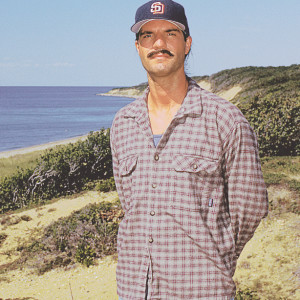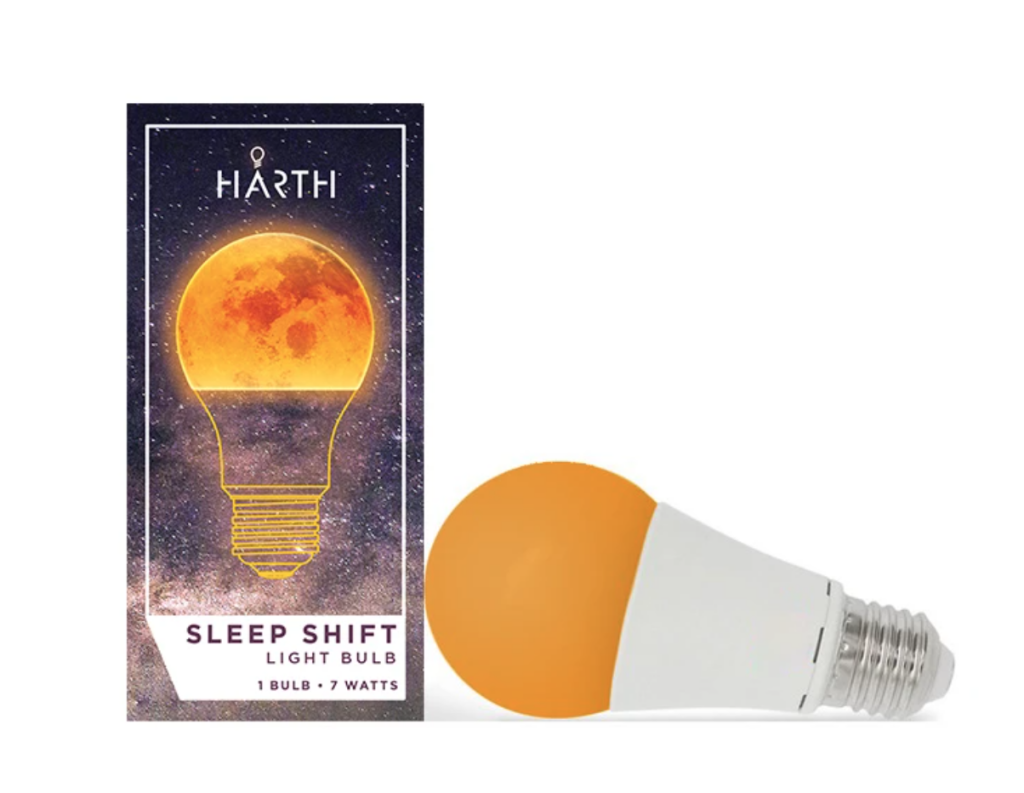In a previous blog I explained the importance of getting the back watch into their bunks before any significant daylight hits their eyes and triggers the rise-and-shine response.
That’s a matter of the calendar and the clock being used to determine when to do it. But non-natural light that is used to see when crew is inside the vessel also plays a very significant role in sleep quality and quantity. Given that industry manning standards, combined with typical watch schedules, are geared towards maximizing profitability instead of maintaining the health of the workforce, anything that mariners can do on their own to increase and improve rest should be considered.
Inside the vessel there are two primary considerations: light used for work purposes and light for everything else. Lighting used in common spaces and individual quarters have a profound effect on us.
Light in the blue wavelengths, like midday daylight, is not conducive to falling and staying asleep. It actually works against you. Many modern LED bulbs tend to be of the ghastly, harsh, blue-white variety, and likewise for standard fluorescent tubes. They are fine for the work bench but terrible for any non-task lighting. Even the old soft-white incandescent bulbs, with their slightly-warm yellowish tinge, were too much. The bottom line is that for living space lighting you should avoid blue light as much as possible, particularly for sleeping quarters (especially bunk reading lights used while winding down after coming off watch) and often-used spaces like heads.
Manufacturers have responded to advances in sleep science and market demand. My choice is currently the Sleep Shift light bulb by Hárth. It’s a 7-watt amber LED A19-type bulb (45-watt incandescent brightness equivalent) with a standard E-26 base (screw-in) that everyone is familiar with. The light color is similar to an old-fashioned amber bug light, but somewhat less amber to my eyes. The difference is very noticeable to me and I’ll never go back.
For sleep, this is low-hanging fruit. You just have to be willing to change a little.




